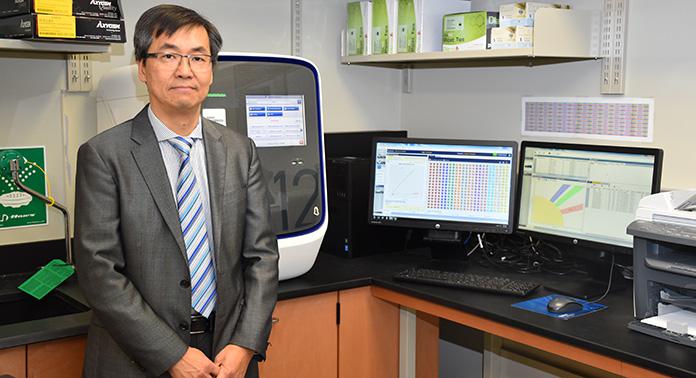Adverse drug reactions cost the Canadian health-care system over $5 billion a year and are the fourth-leading cause of hospital patient death, says the Lawson Health Research Institute.

A team led by Dr. Richard Kim of the Lawson Health Research Institute will use a just-announced $4.4 million in funding to expand a program at the London Health Sciences Centre to prevent adverse drug reactions and to study the feasibility of wider implementation.
Personalized medicine uses patients’ DNA to predict how they will react to specific medications.
“Some of the medications, you just don’t have as much time or the luxury to play with medication doses,” Kim explained to 980 CFPL on Monday.
“If you have cancer and you need chemotherapy, I think you’d like to be on the right dose the first time.”
Kim added that in the last 10 or 15 years, technology has advanced rapidly to the point where they can get same-day results on DNA analysis. Using the results, they can predict if patients will need a higher or lower dosage of a particular medication or have an adverse reaction.
“Having these types of genomic markers can be extremely beneficial to the physicians as well as potentially life-saving for our patients,” said Kim.
“Taken altogether, it can actually be cheaper for our health-care system even if you tested everyone, because you prevent very severe toxicity in some of our patients.”
The money began flowing in 2017 and is sent on a quarterly basis over the course of five years. It comes from the provincial government’s Ontario Research Fund, Thermo Fisher Scientific, and donor funding through the London Health Sciences Foundation.
“The LHSC auxiliary, their donation to the foundation is really kind of the matching fund that allowed us to get the other side of the matching fund from the Ontario government,” said Kim.
“If we didn’t have such good, strong support locally, we would not have been as competitive.”
Kim is hoping that at the end of the study period, the research will provide an argument to expand the personalized medicine program.








Comments